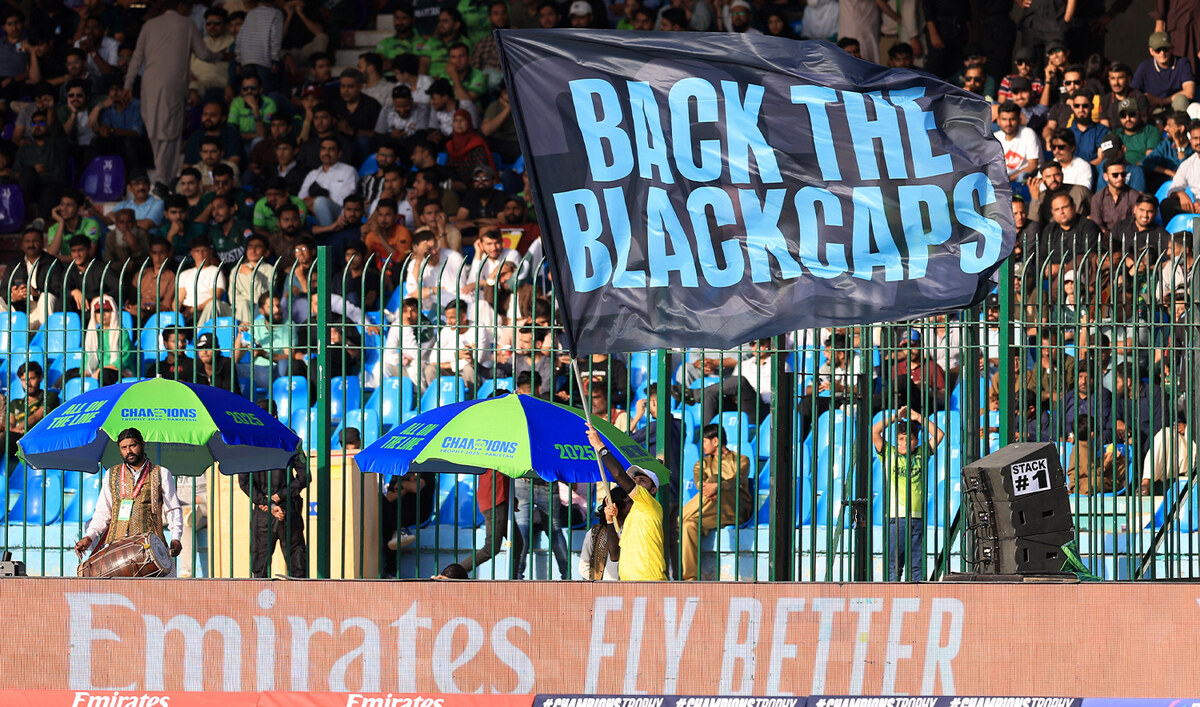ISLAMABAD: Pakistan’s Deputy Prime Minister Ishaq Dar on Tuesday called for a permanent ceasefire in Gaza and urgent delivery of humanitarian aid to people affected by Israel’s war as he addressed a high-level debate at United Nations Security Council (UNSC).
Dar was addressing the debate, titled “Practicing Multilateralism: Reforming and Improving Global Governance,” which was convened by China. The session was presided over by Chinese Foreign Minister Wang Yi.
The statement came amid a six-week truce announced on Jan. 19 between Hamas and Israel that ended 15 months of war, involving the gradual withdrawal of Israeli forces from central Gaza and the return of displaced Palestinians to the north.
Addressing the session, Dar emphasized the need for international commitment to multilateralism to address emerging global challenges, calling for upholding principles of the UN Charter, including self-determination, the non-use of force, respect for sovereignty, and the peaceful resolution of disputes.
“He called for the full implementation of the agreement to secure a permanent ceasefire in the Gaza and the urgent humanitarian support to the Palestinian people and the revival of a political process to achieve the two-state solution,” the Pakistani foreign office said.
Israel’s war on Gaza, which began after the Oct. 7, 2023 attacks by Hamas, has killed more than 48,000 Palestinians and displaced almost all of Gaza’s 2 million population by laying waste to swathes of neighborhoods, schools and hospitals.
The deputy prime minister condemned the massive loss of civilian lives and the persistent Israeli violations of the international law.
“He rejected any displacement of the Palestinian people from their homeland,” the foreign office added.
The statement followed remarks by United States (US) President Donald Trump and Israeli PM Benjamin Netanyahu about the relocation of Palestinians to Egypt, Jordan or other countries, which have been rejected by Saudi Arabia, Egypt, Jordan, Pakistan and other nations apart from being condemned by international rights groups.
Palestinian territory – encompassing the Gaza Strip and West Bank, including East Jerusalem – has been occupied by Israel since 1967. Pakistan does not recognize Israel and has consistently called for an independent Palestinian state based on “internationally agreed parameters
In his address, the Pakistan deputy premier also proposed the adoption of a roadmap for strengthening multilateralism and reforming the global governance.
“He emphasized the need for a more inclusive, democratic, and accountable Security Council, reforming the international financial architecture and strengthening international cooperation to address emerging challenges, particularly the regulation of transformative technologies like artificial intelligence,” the foreign office added.
At UNSC, Pakistan calls for permanent ceasefire in Gaza, urgent humanitarian support to Palestinians
https://arab.news/vjezc
At UNSC, Pakistan calls for permanent ceasefire in Gaza, urgent humanitarian support to Palestinians

- The statement comes amid a six-week truce between Hamas and Israel that ended 15-month war, which has killed over 48,000 Palestinians
- Pakistan Deputy PM Ishaq Dar rejects any displacement of the Palestinian people, urges revival of a process to achieve two-state solution


















